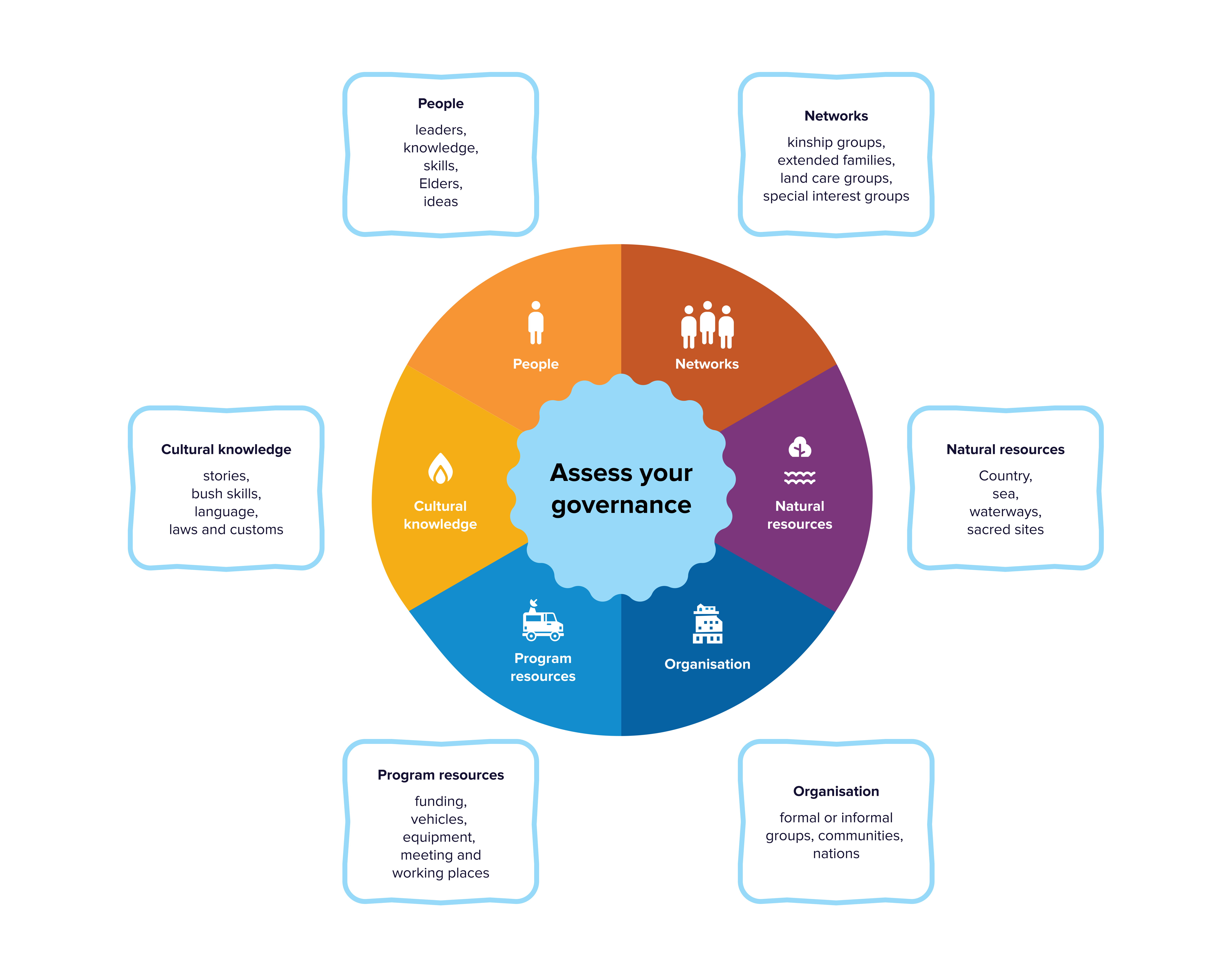To help Aboriginal and Torres Strait Islander corporations understand what Data Sovereignty means and why it matters...
Map your assets

In this topic, we explain how asset mapping can help you build, rebuild or improve your group’s governance. We discuss the importance of focusing on your strengths. We also look at the different types of assets you may already have. This topic matches ‘Map your assets’ in our Governance Self-assessment Tool. We recommend that you do activity 5.1 in the tool.
While reading this topic, think about the following questions and how they relate to your organisation, community or nation:
- What are your governance needs?
- What are your governance strengths?
- How can you use your strengths to meet your needs?
Asset mapping
Assets are anything that can be used to meet your governance needs. This includes resources, people, relationships, skills, and structures. Identifying your group’s assets is a great way to realise the strengths of your organisation, community, or nation. It helps you understand what can be used to meet your governance needs.1Bill Berkowitz and Eric Wadud, “Identifying Community Assets and Resources,” Community Tool Box, accessed June 2023, [link] You can draw on these assets when working to build, rebuild or improve your governance.
A practical way to do this is by creating an ‘asset map’. An asset map is a snapshot of the resources, relationships and structures that your group has. An asset map can help you clarify the strengths across your group. It also highlights how they are connected. This can help you better manage and access those assets.
Asset maps can be visual – like the one below – or they can be written out. It’s important that they are organised and simple to understand.
Creating an asset map is a strengths-based activity. It focuses on the capabilities and potential of your group, rather than your deficits. Realising what you’ve already got can empower you to build governance solutions with minimal help from external stakeholders.2Toni Bauman and Robynne Quiggin, ‘Untangling Indigenous governance: the need for coordination and collaboration,’ Native Title Conference, 18 June 2015, Port Douglas, [link] In this way, asset mapping emphasises self-determination and local control.
Types of assets
Aboriginal and Torres Strait Islander groups can have a range of different assets.
Individuals
People are the most important asset for governance. Each individual in your group brings knowledge, information, ideas, skills and talents to benefit your group. These people may include:
- leaders and managers
- Elders
- traditional owners
- old and young people
- men and women.
Networks
This asset type encompasses the relationships and connections that benefit your governance. Your networks may include:
- kinship groups
- extended families
- land and Country groups
- special interest or advocacy groups.
Natural resources
Natural resources can include the areas of Country, sea and waterways your group has access to. These places can benefit your governance by strengthening your connection to Country.
Cultural knowledge
Your cultural knowledge can include the stories and songlines that express traditions, laws, customs and ways of doing things. Cultural knowledge is integral to strengthening the cultural legitimacy of your governance.
Program resources
Program resources include the material resources your group can use to get things done. These include things such as funding, vehicles, equipment, and meeting and working places.
Structures
Groups use different structures to organise themselves to do governance. Each structure offers different opportunities and strengths to achieve your governance goals.
Governing well requires the continued support of your whole community. Once you create your asset map, make sure you keep all your community members involved and informed. This helps people understand and accept your governance decisions and solutions.
Do activity 5.1 to create your own asset map. The goal is to map out the strengths that you can use to build or improve your group’s governance.
We’ve translated our extensive research on Indigenous governance into helpful resources and tools to help you strengthen your governance practices.
Stay connected
Subscribe to AIGI news and updates.

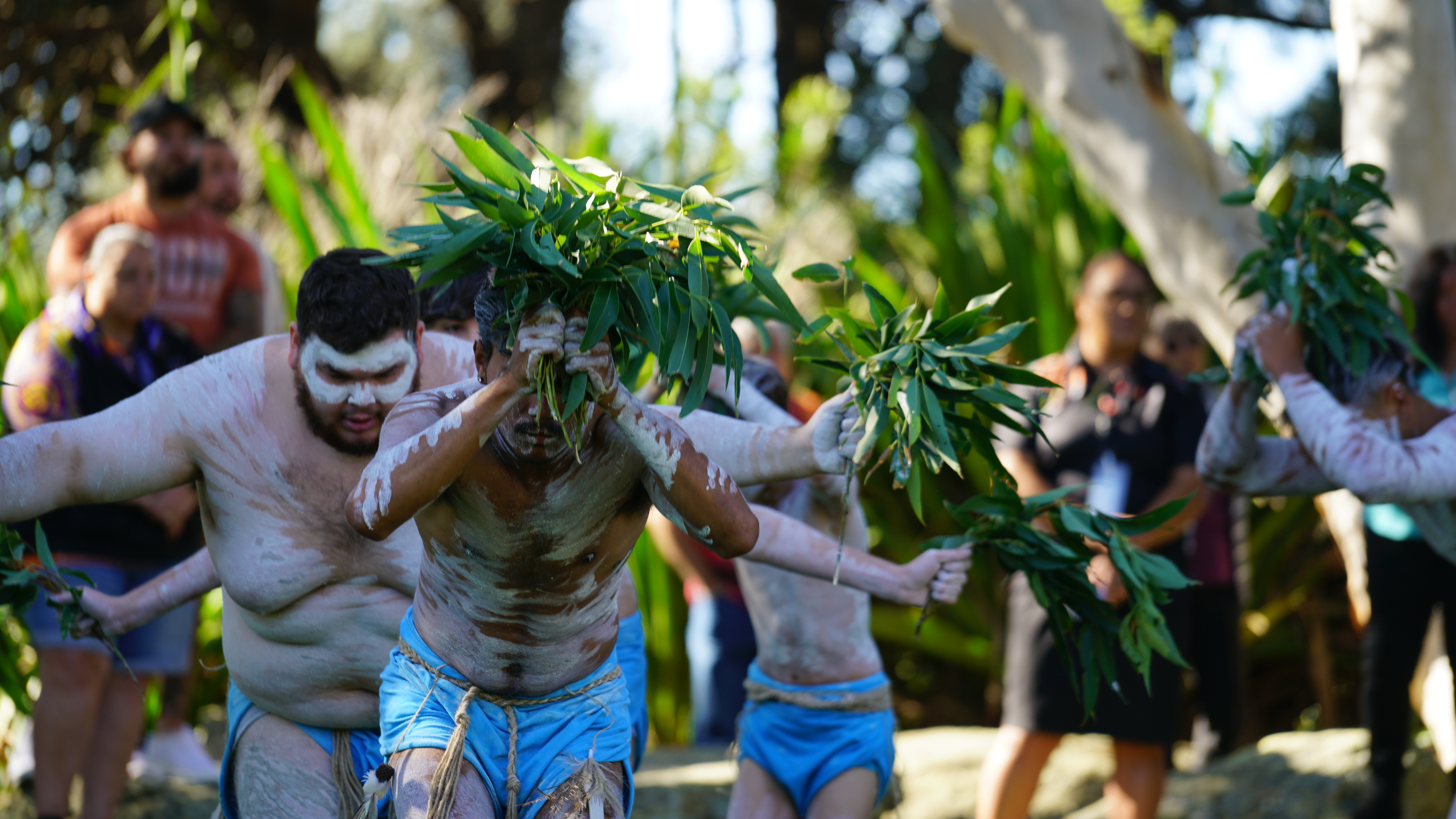
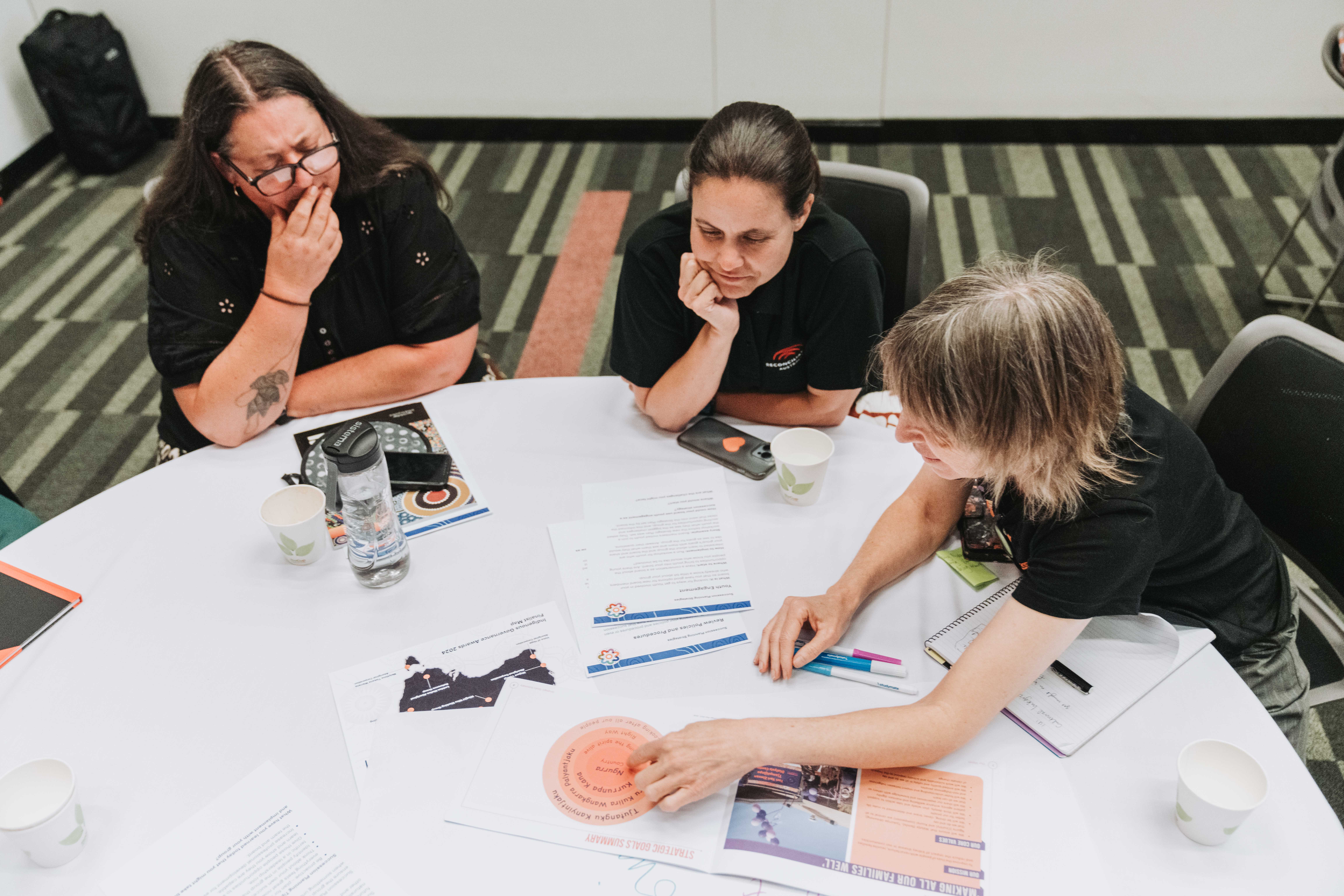
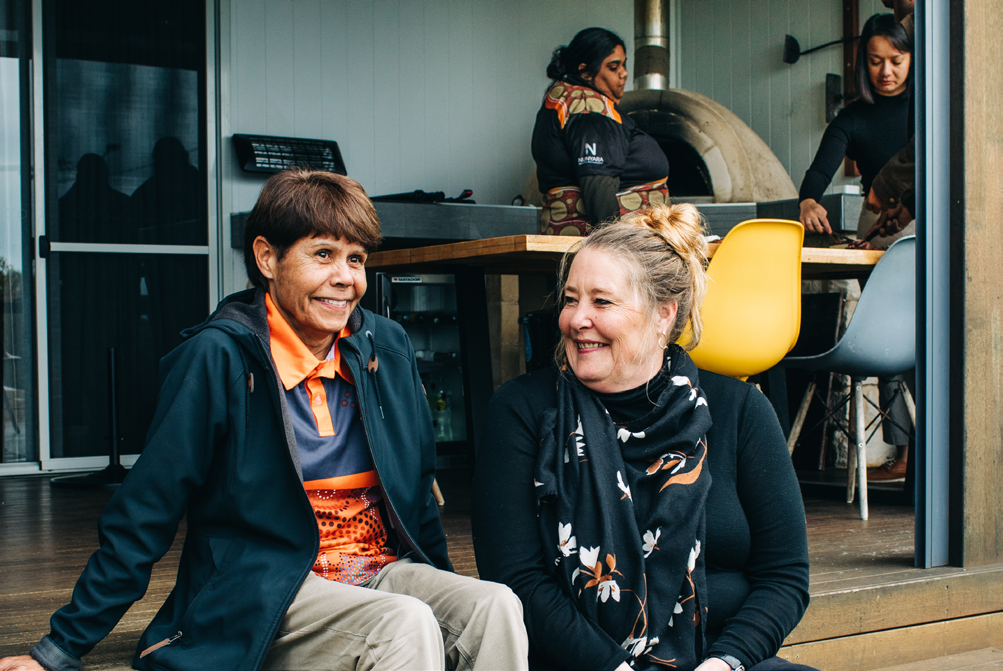

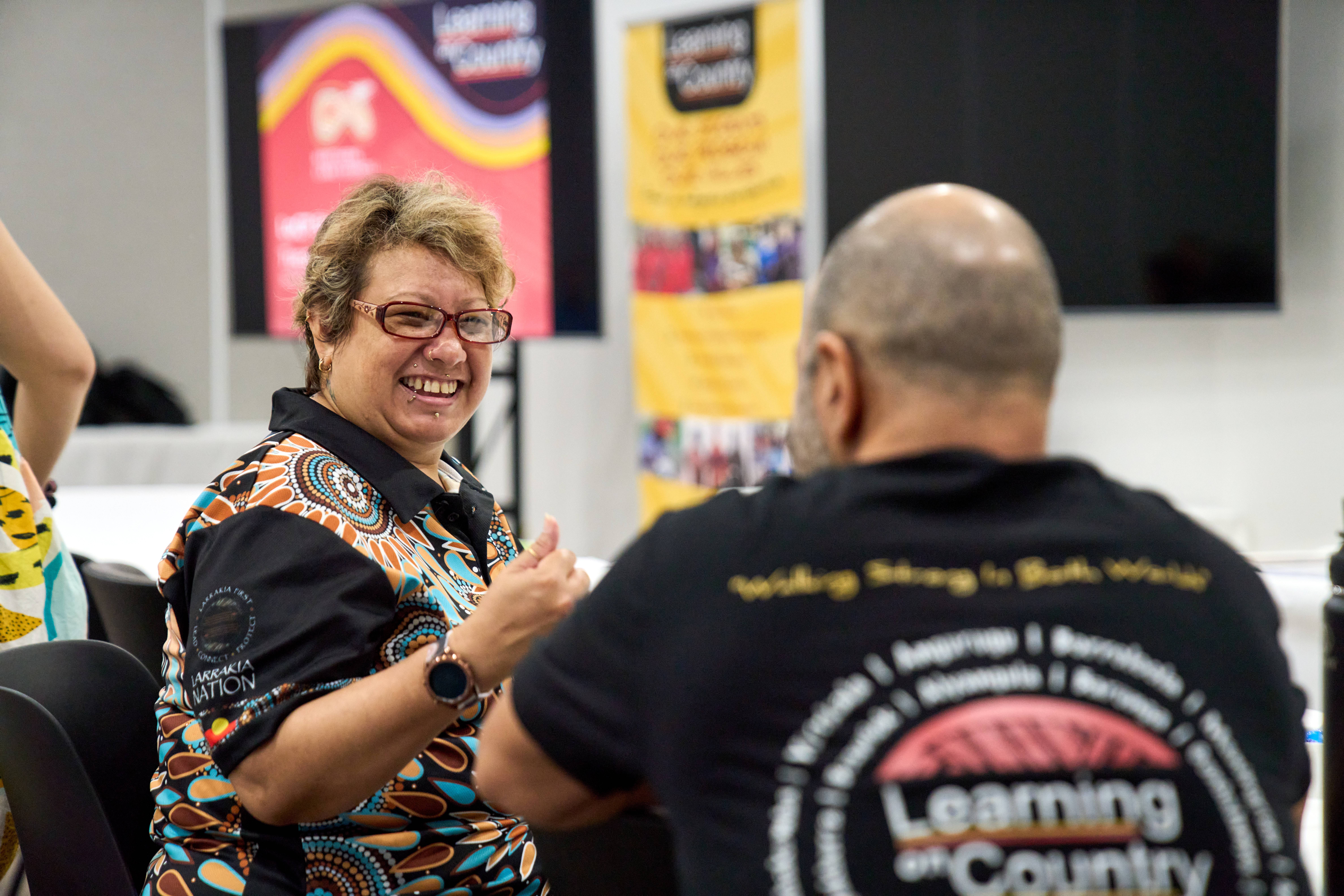
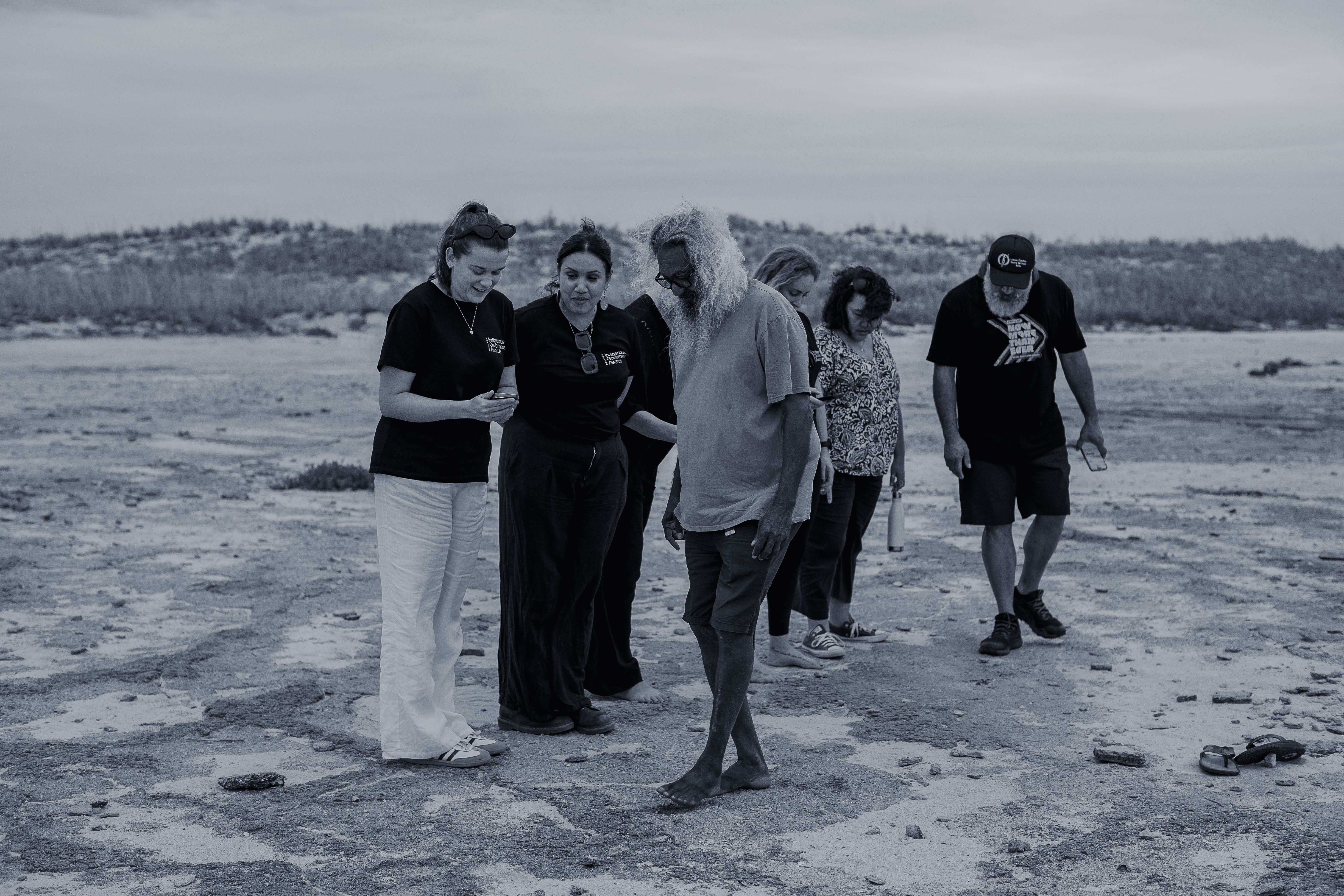
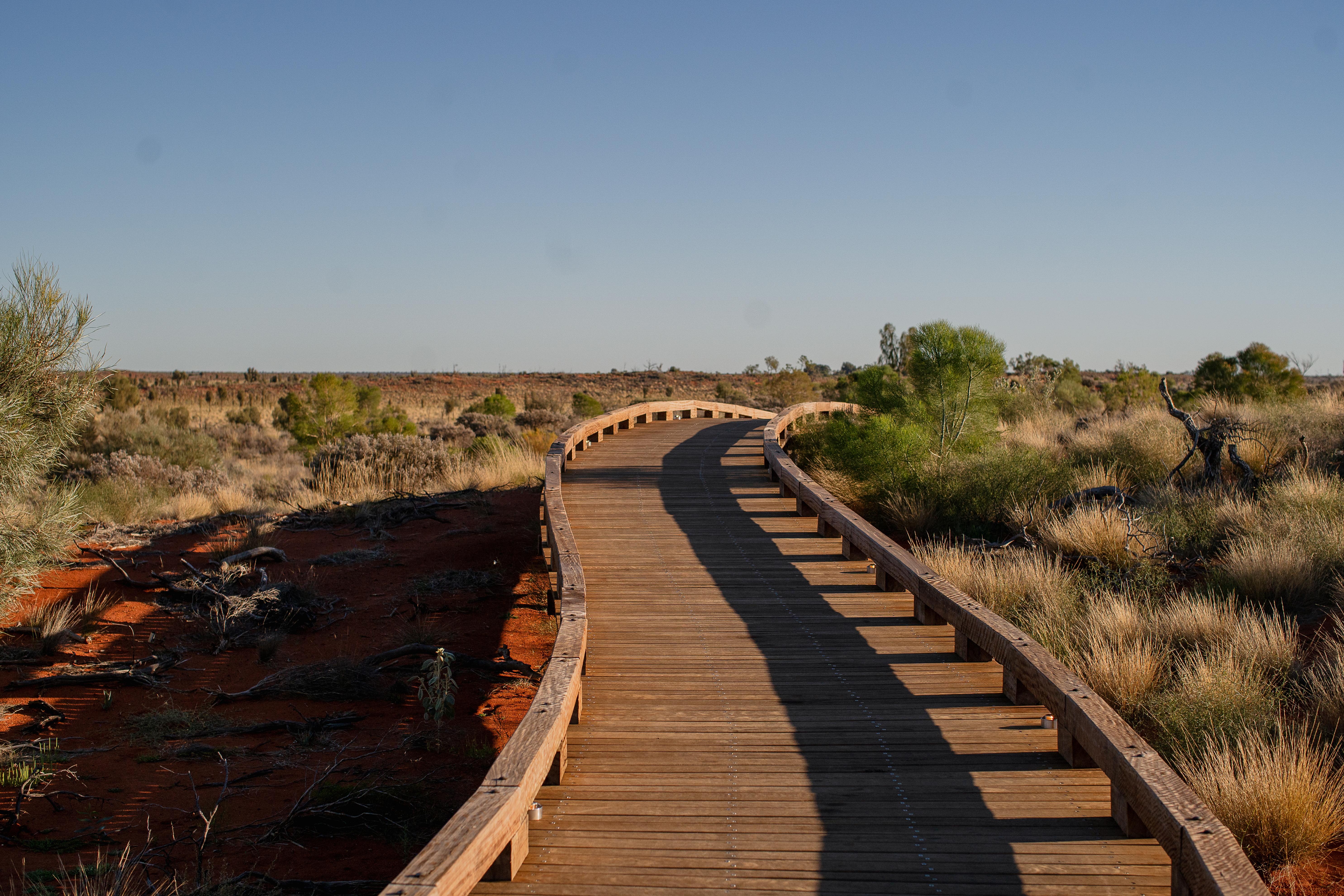
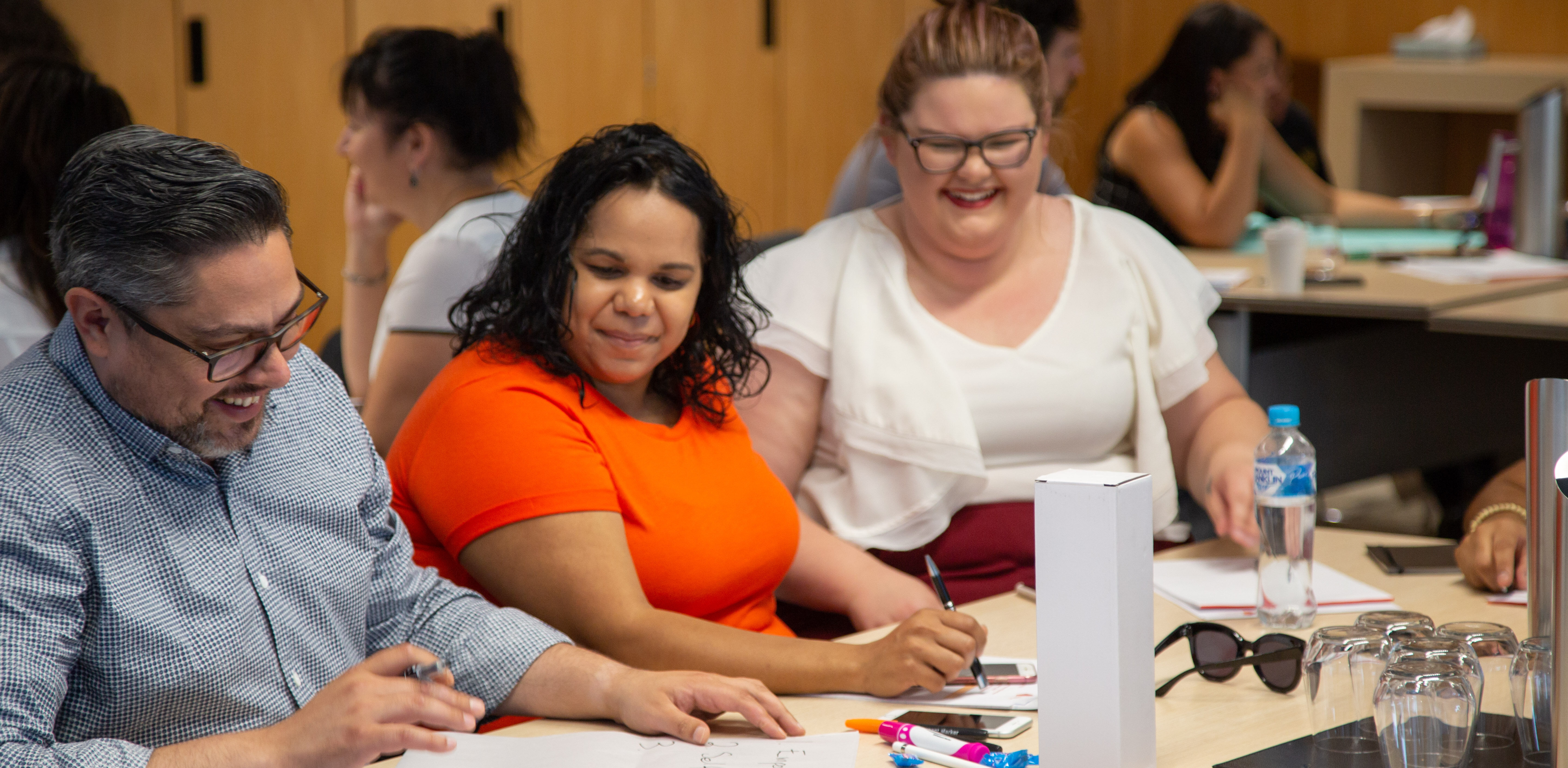
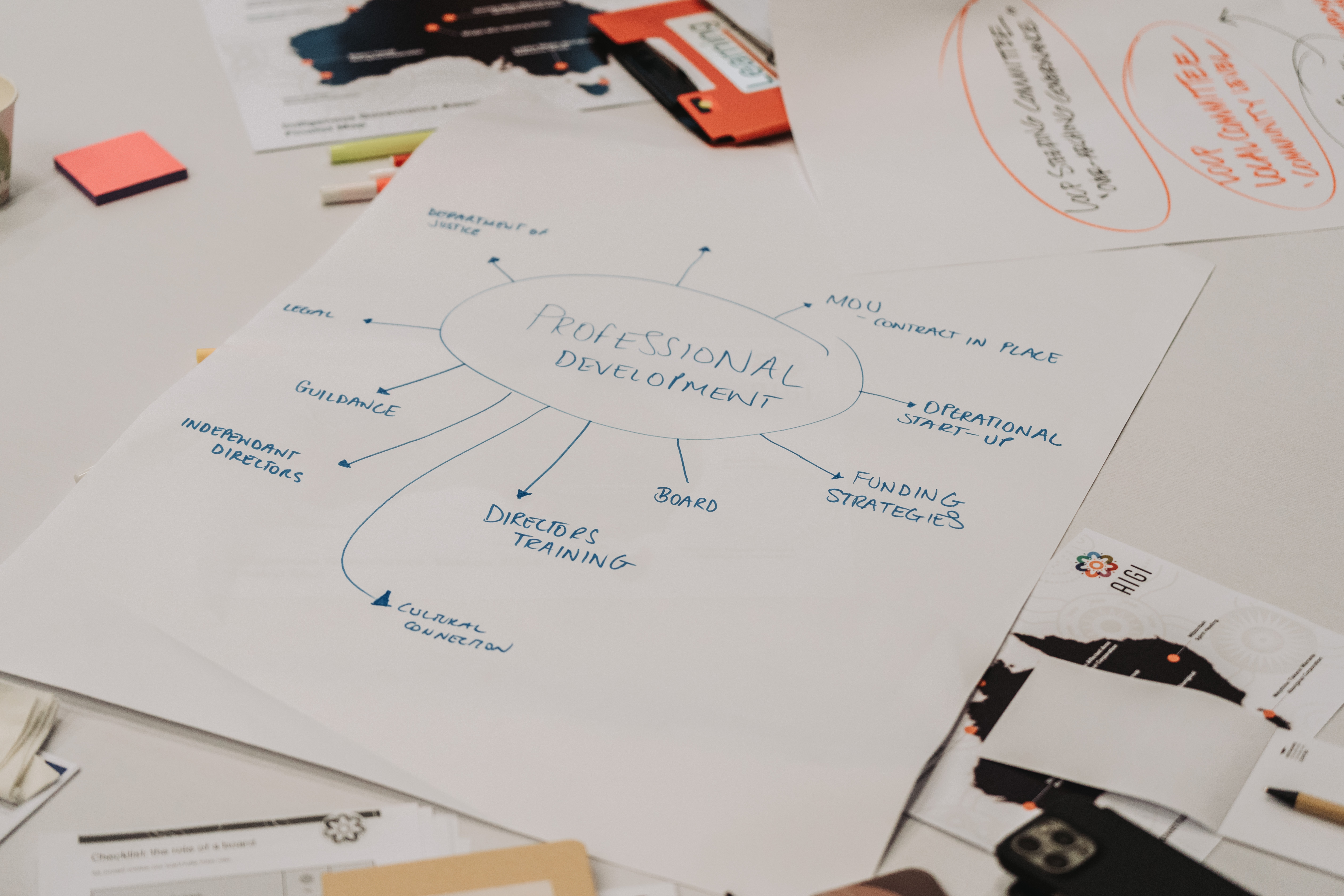
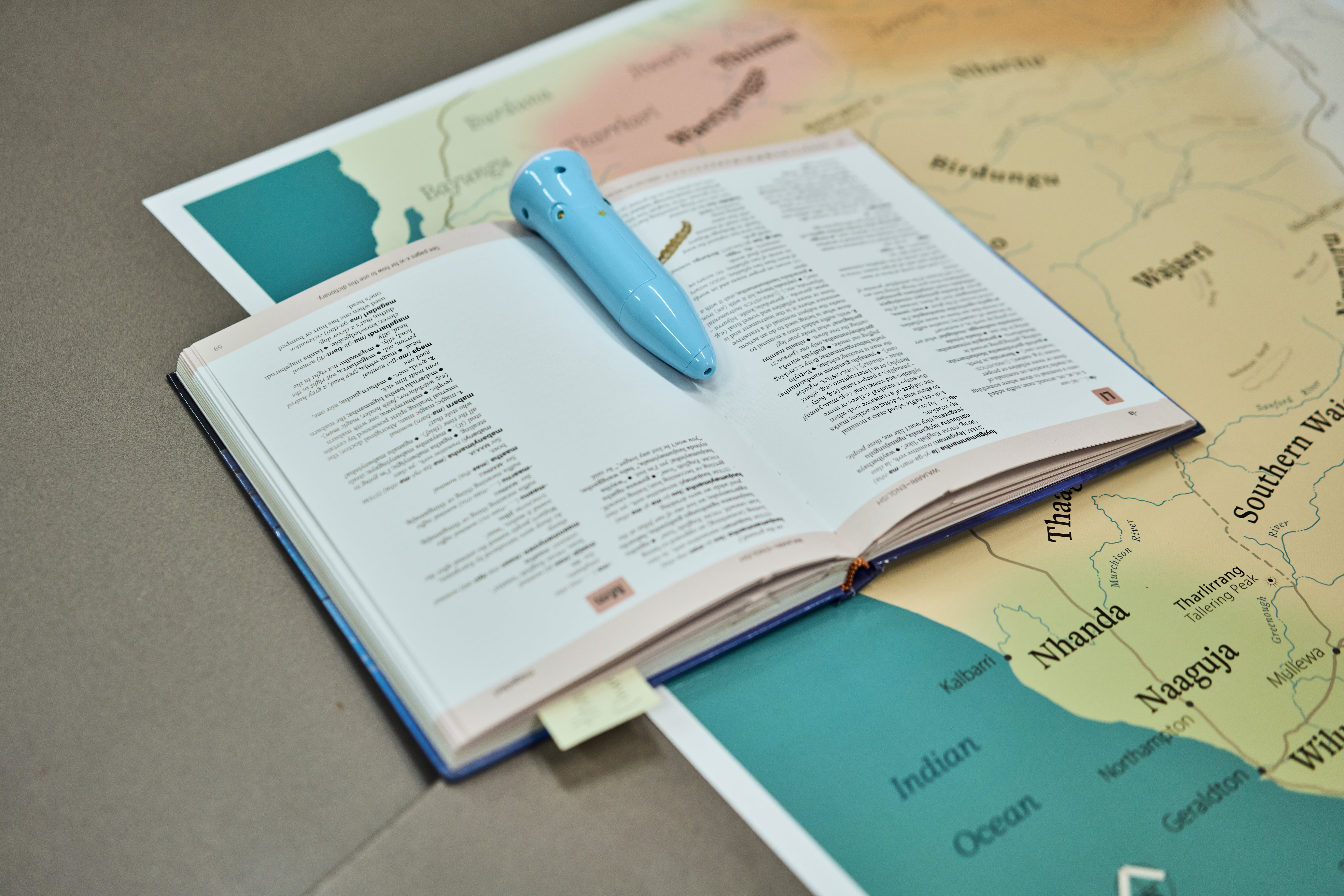

.png)


